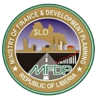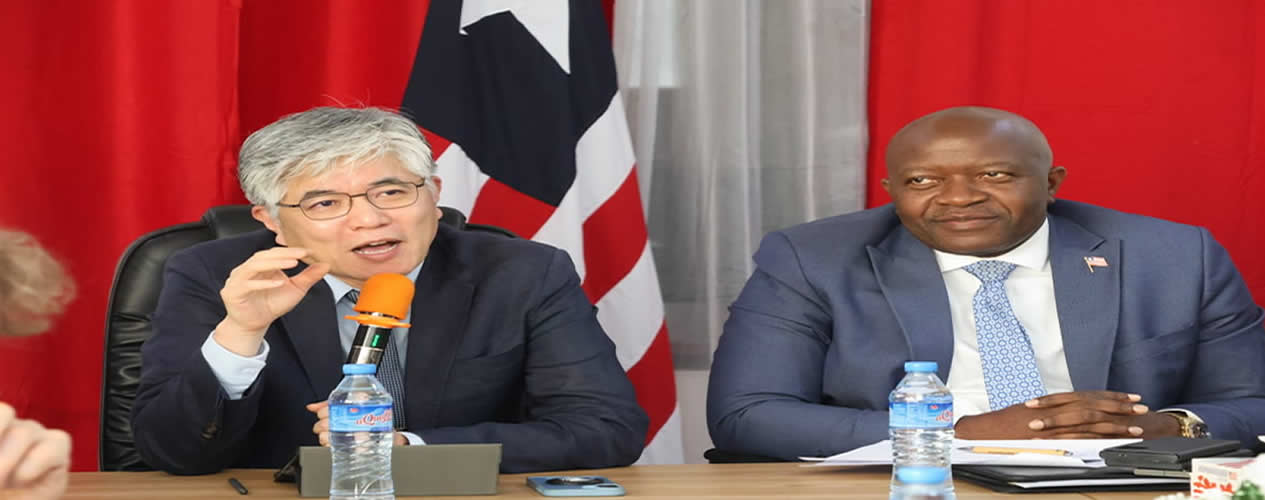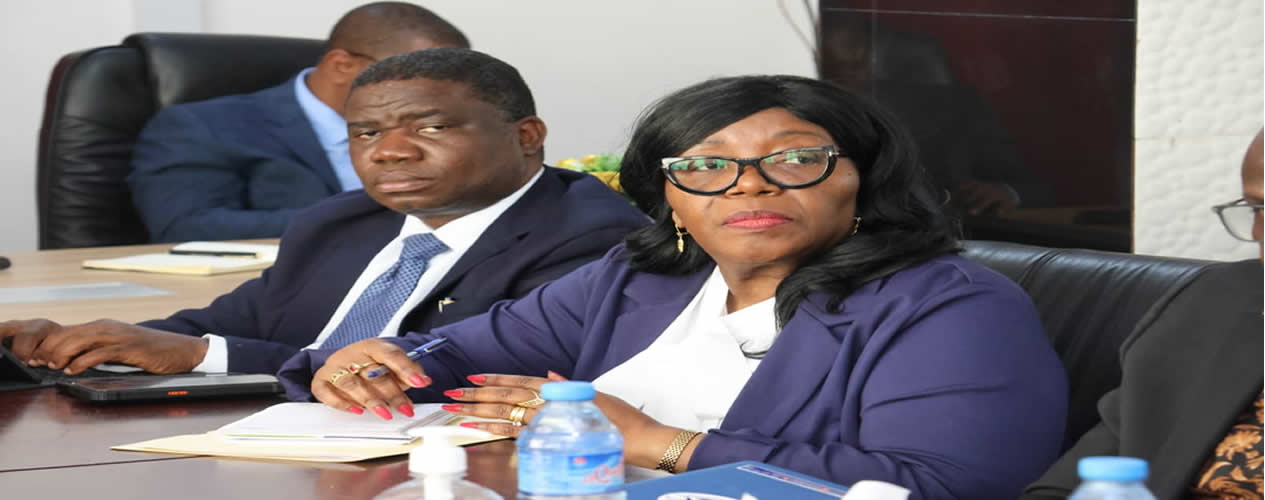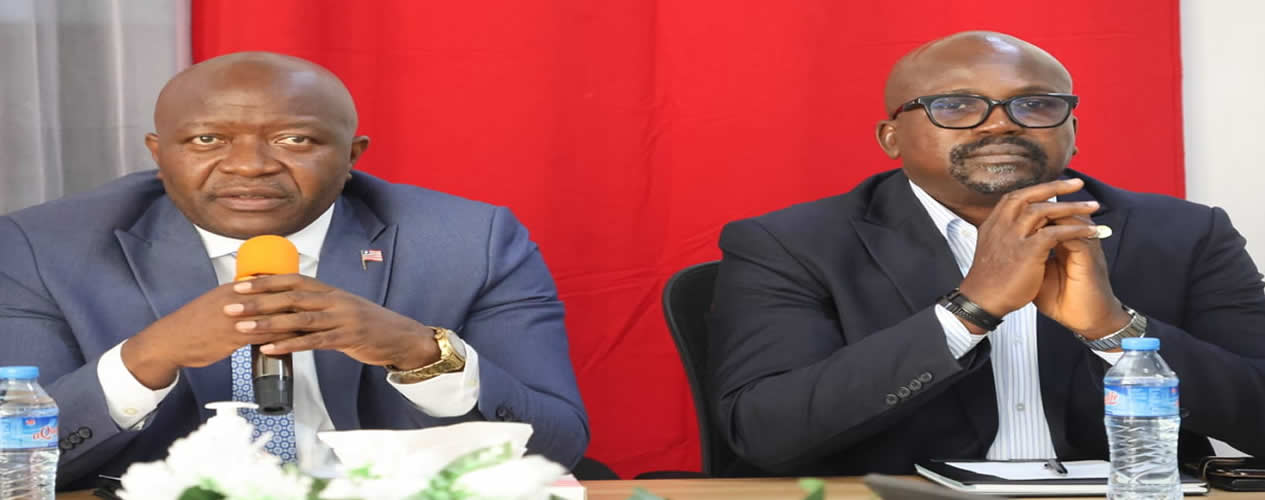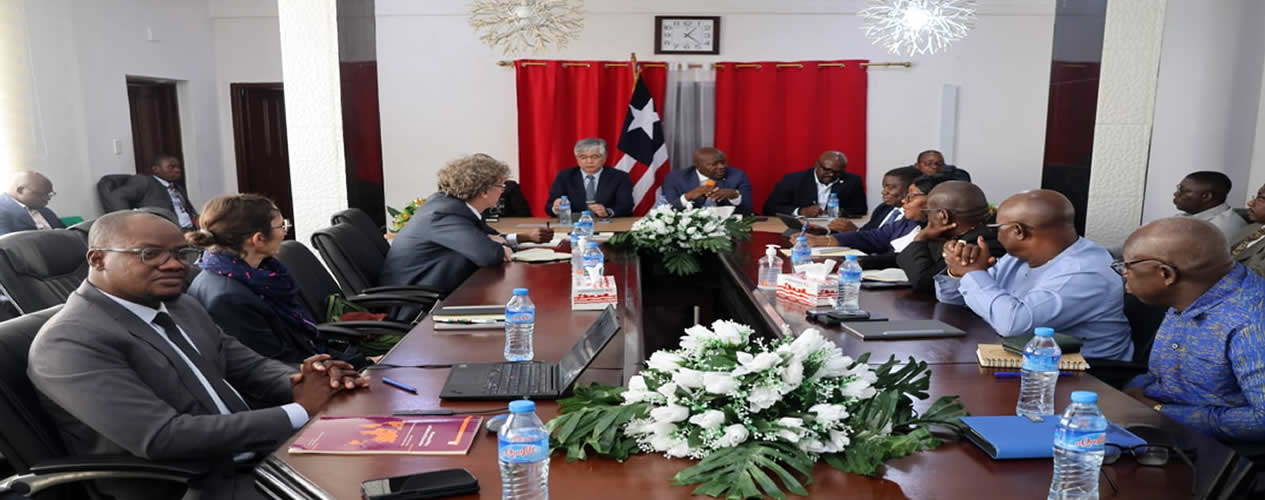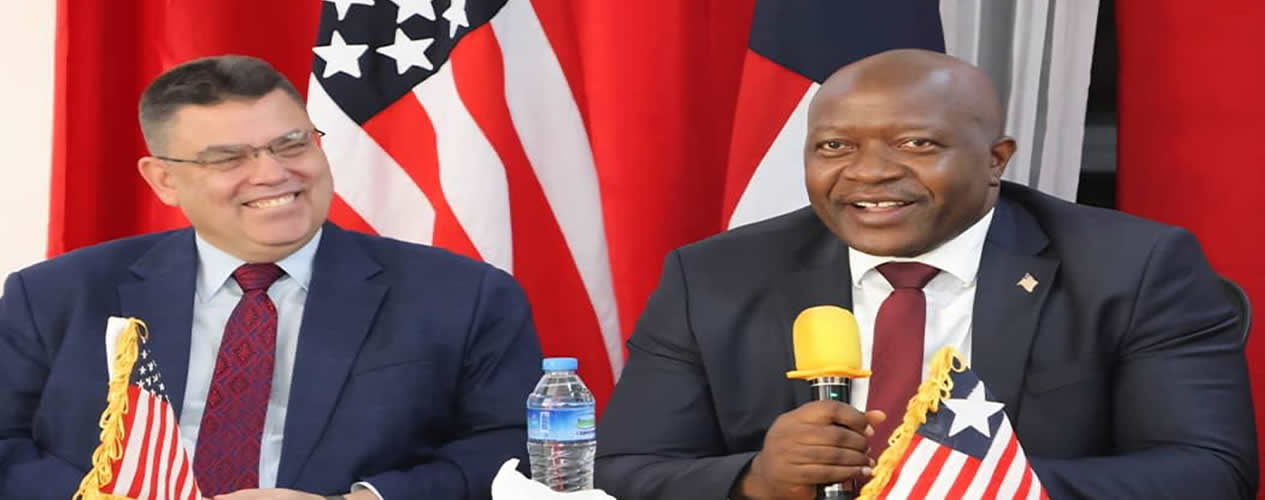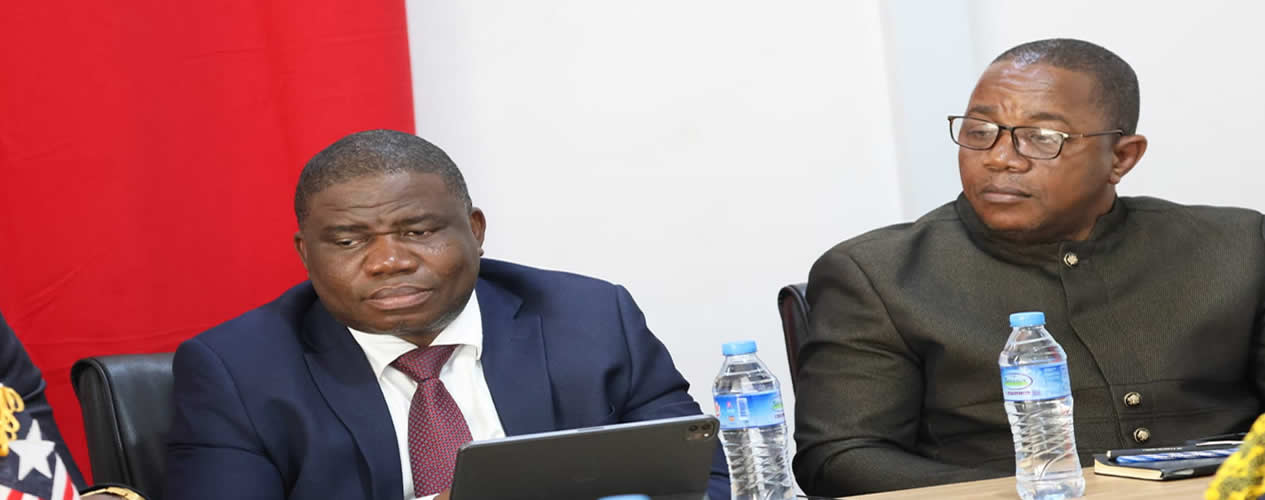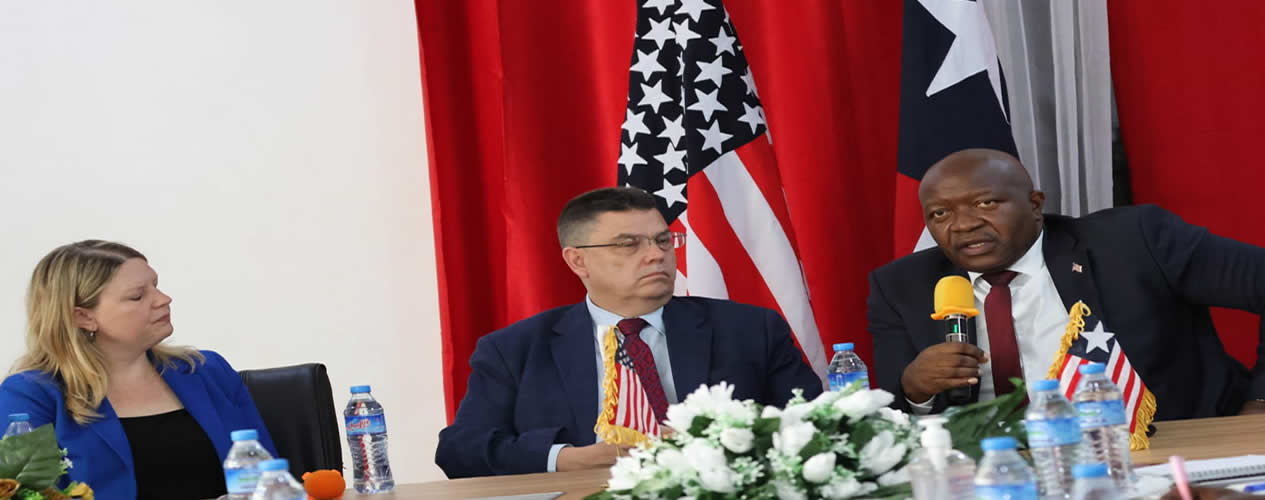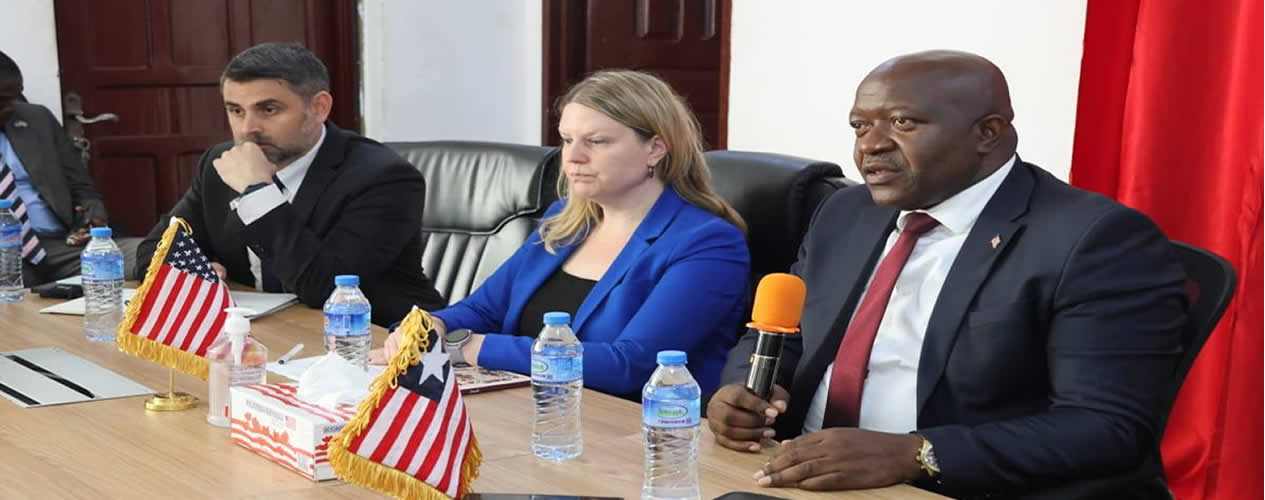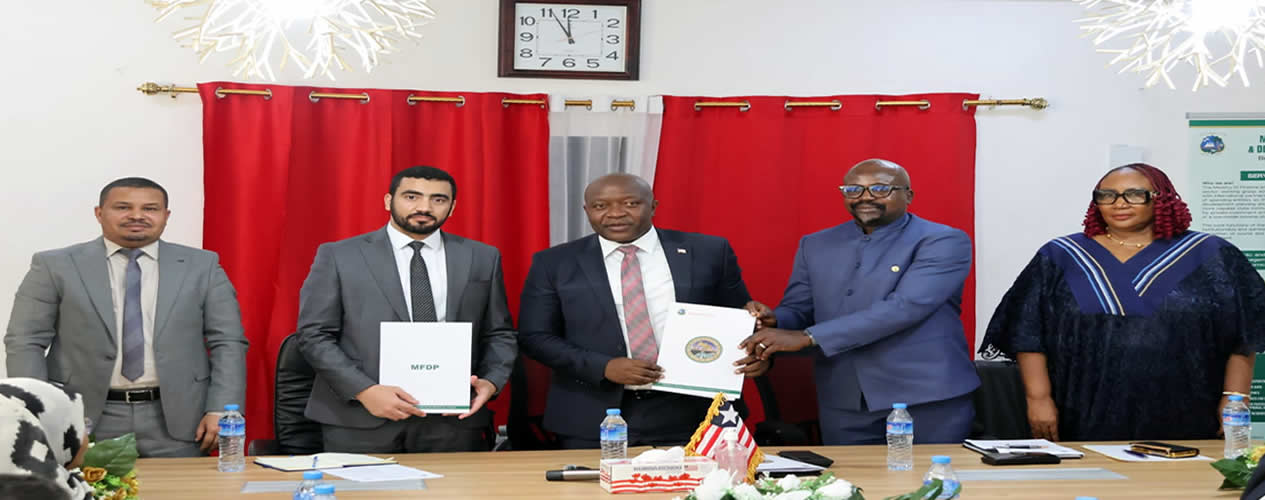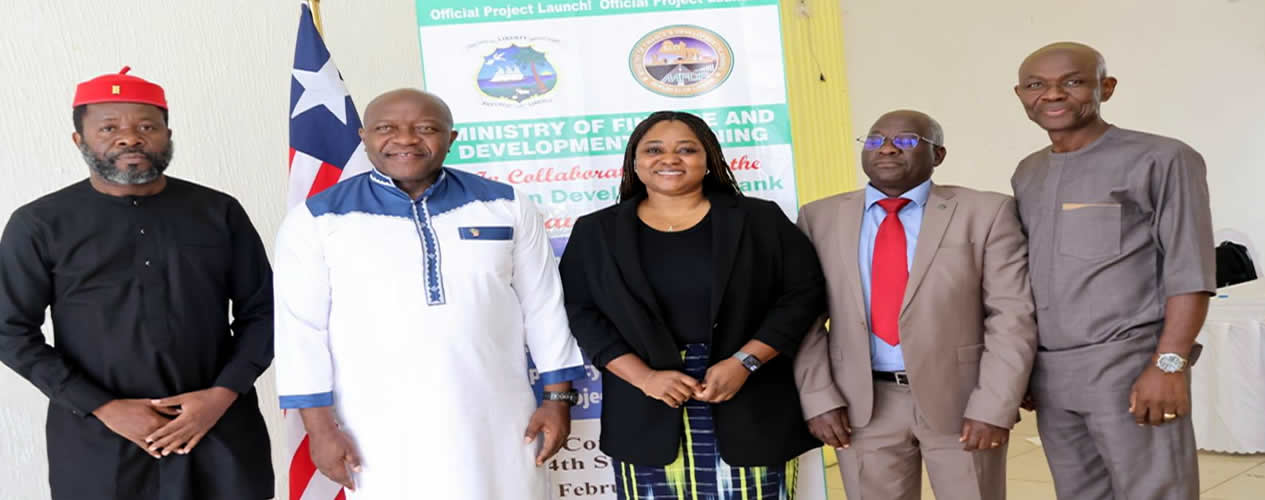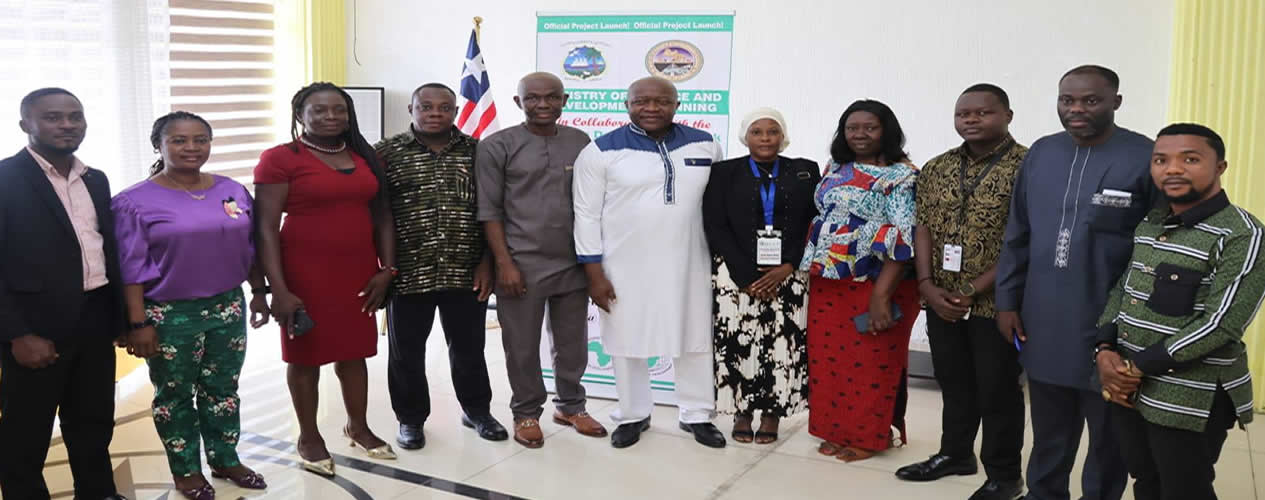According to a Ministry of Finance and Development Planning (MFDP) release, the approved grant will fund projects in electricity, road maintenance, reforms and capacity building. The grant will also replace a damaged water supply line from Mt. Coffee Hydro Plant to the White Plains Water Treatment Plant.
The Board’s approval now paves the way for the formal signing of a bi-lateral agreement (to be known as the Liberia Compact) between the Liberian and U.S. Governments. The signing takes place in the United States in the middle of October 2015. Finance and Development Planning Minister Hon. Amara M. Konneh will sign on behalf of the Government of Liberia, while Ms. Dana Hyde, CEO of the Millennium Challenge Corporation, will sign on behalf of the US Government. Upon signing, the Compact will be submitted to the Liberian National Legislature for ratification.
MCC CEO, Ms. Dana Hyde, has meanwhile telephoned President Ellen Johnson-Sirleaf to inform her of the MCC Board’s decision and congratulate her for Liberia’s success in securing the MCC Compact Grant.
The Liberian Government, through the Ministry of Finance and Development Planning, has welcomed the news and praised the U.S. Government for the Compact Grant, noting that the Grant will significant impact on the lives of ordinary Liberians through poverty reduction, job creation and economic growth.
The MCC Board has also approved a Compact with Morocco and a Threshold Program with Sierra Leone.
The MFDP release noted that Liberia’s road to the Compact began in 2008 with the Threshold Country Program through which the U.S. Government provided a US$15 million grant to support the Liberian Government’s interventions in to increase girls’ primary education completion, land rights and access, and to improve Liberia’s trade policy, all of which has contributed to Liberia’s recovery. The Compact program is competitive, and requires countries to meet key indicators relevant to economic and political governance. These include ‘Governing Justly’, which measures the protection of civil rights including the right to free speech; and ‘Control of Corruption’, measuring government’s transparency and accountability in public financial management. Liberia continues to make progress on these and other key indicators, in spite of the many challenges.

